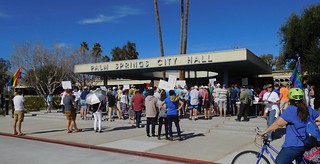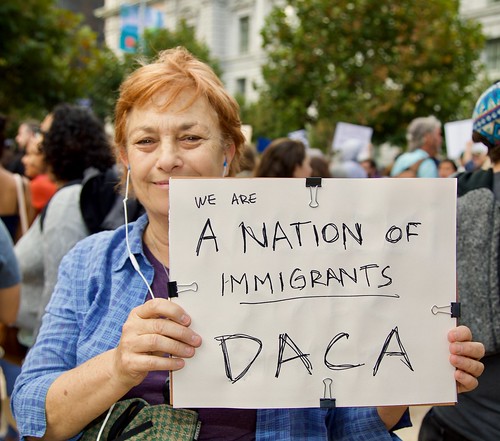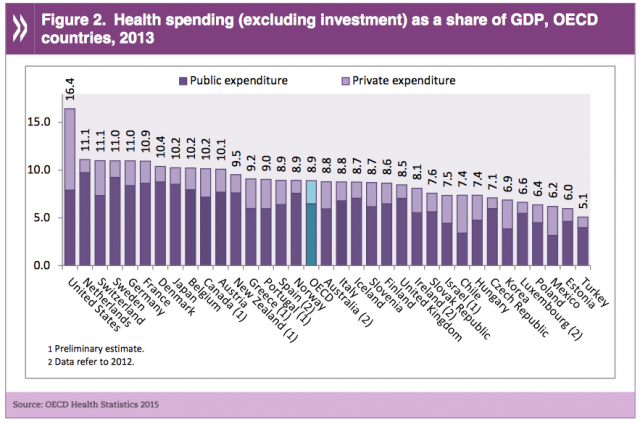Gov. signs several budget bills over the weekend
by Brian Leubitz
The Governor took little time to sign a first big batch of bills after the Legislature ended session. Specifically, he signed seven budget bills on Saturday:
• AB 109 by Assemblymember Philip Y. Ting (D-San Francisco) – Budget Act of 2017.
• AB 129 by the Committee on Budget – Education finance.
• AB 130 by the Committee on Budget – Health and human services.
• AB 131 by the Committee on Budget – Taxation.
• AB 133 by the Committee on Budget – Cannabis Regulation.
• AB 134 by the Committee on Budget – Budget Act of 2017.
• AB 135 by the Committee on Budget – Transportation.
The Budget Acts do basically what you would expect of budget bills: appropriating money to one expense or another. But one part of AB 134 seems to be getting a lot of attention:
Up to $140,000,000 shall be used for the Clean Vehicle Rebate Project.
(1) The State Air Resources Board shall work with the Labor and Workforce Development Agency to develop procedures for certifying manufacturers of vehicles included in the Clean Vehicle Rebate Project as being fair and responsible in the treatment of their workers. It is the intent of the Legislature that beginning in 2018–19 fiscal year, the Labor Secretary shall first certify manufacturers as fair and responsible in the treatment of their workers before their vehicles are included in any rebate program funded with state funds.
Two things here: First, it takes cap and trade money and ships it off to help make electric and plug-in hybrid cars cheaper. I suppose I should issue some sort of trigger warning, as the cap and trade extension bill was controversial to put it mildly. The second point to that, and probably more interesting, was the labor provision put into that extension. (See my added emphasis in the quote above.)
 This has been getting a lot of attention as summary stories of the legislative session come out. Many of them are framing in this “unions are powerful” and win everything, which plainly is not true. Yet, clearly they win more they than they lose.
This has been getting a lot of attention as summary stories of the legislative session come out. Many of them are framing in this “unions are powerful” and win everything, which plainly is not true. Yet, clearly they win more they than they lose.
This provision is directed at Tesla, which as of yet, is mostly beating back attempts to organize their work force. The standard of “fair and responsible” seems a little open to interpretation, so how much this matters is an open question. Denying the incentive money to a California based company would certainly be a controversial decision, and Tesla has a backlog of Model 3 orders from across the country, but if the Labor Secretary is strict on that provision, it would certainly draw Elon Musk’s attention/ire.
Many more bills will be signed as we head into the October; even despite some setbacks (single payer to name one) this has been a very busy legislative year.








You must be logged in to post a comment.